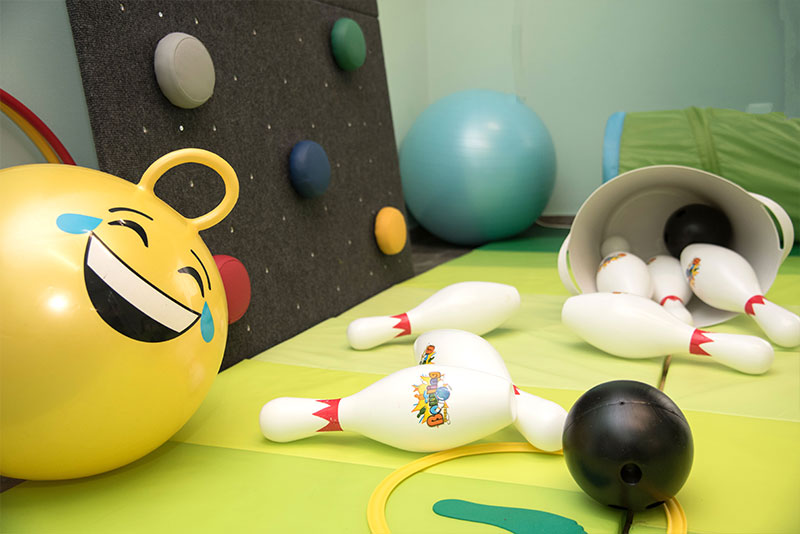
Group programs
They are formed according to the needs of the children after a discussion with the parents and an assessment of the children by the person in charge of each group in order to evaluate whether the children are suitable to join the same group.
Social skills group
The aim of the group is to train children of pre-school and early school age in the social skills that are considered necessary for a child to be able to cope effectively with the social environment around them.
The topics are shaped according to the needs of the group and focus on skills:
- Non-verbal communication (e.g., gestures, expressions)
- Social behavior (e.g., social rules by context)
- Theory of mind (e.g., understanding the perspective of others)
- Discussion (starting - maintaining a dialogue)
- Problem solving
- Play (e.g., imagination, cooperation, managing defeat)
- Developing interpersonal relationships (e.g., social communication initiative, creating and maintaining friendships)
School Readiness Program
The transition to school is a big step in a child's life. A child's school readiness plays a crucial role in their later success in school and in life.
Important dimensions of school readiness include motor, language, cognitive, social and emotional development, as well as attitudes towards learning.
The aim of the program is to acquire and strengthen the skills and abilities that contribute to the smooth adaptation of the child, both academically and socially, in the school environment.
The program, which is aimed at preschool children, focuses on the cognitive development of children. Within a simulated classroom framework, this program aims to:
- Phonological and Graphophonemic Awareness
- Prescriptive skills
- Logic mathematical concepts
- Colors and shapes
- Concepts of space and time
- Organization and concentration
- Fine mobility
- Memory
- Language skills (comprehension, expression)
- Social skills
Persons: 3 to 5 children attending or re-entering kindergarten.
Teenagers group
Adolescence marks the transition from childhood to adulthood.
Adolescents experience changes both in their self-image and in their communication and relationships with their peers and family. In this beautiful journey of transition, filled with internal contradictions and conflicts and new concerns emerging, it is important for the adolescent to feel that he or she belongs to a group with the same concerns but at the same time is unique.
Through experiential - creative games they learn to communicate and express their needs and feelings.
The connection they develop as members of the group helps them feel safe expressing their concerns and discover alternative ways of dealing with their difficulties.
Issues of concern to the group:
- I learn to co-exist and accept diversity
- I learn to recognize and express my feelings
- I use the diversity of the group and discover new ways of dealing with difficulties
- I use conflict creatively
